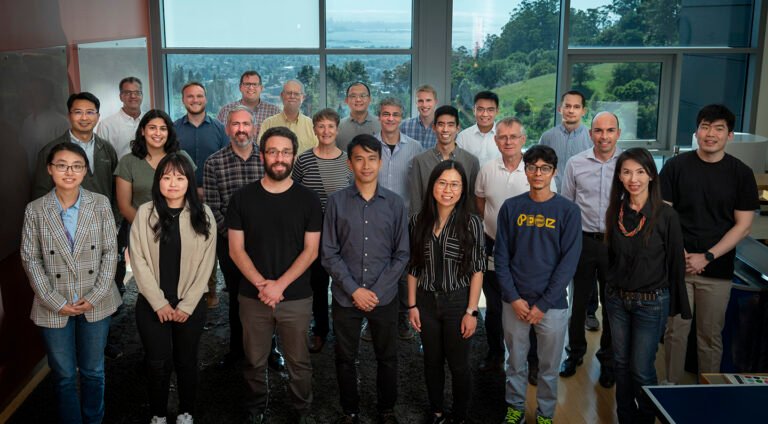The University of California, Berkeley, and Intel have announced a collaboration to design next-generation chips for AI and high-performance computing. This partnership aims to push the boundaries of chip performance, energy efficiency, and scalability.
The Innovation:
The collaboration focuses on three key areas:
- Neuromorphic Computing: Developing chips that mimic the human brain for more efficient AI processing.
- Quantum Computing: Designing chips that support quantum algorithms and applications.
- Sustainable Chips: Creating energy-efficient chips to reduce the environmental impact of computing.
Impact on Academia & Industry:
This partnership is driving innovation in chip design, enabling faster and more efficient computing. It’s also providing UC Berkeley students with hands-on experience in cutting-edge chip technologies.
Future Prospects:
UC Berkeley and Intel plan to establish a Chip Innovation Lab, where researchers can prototype and test new chip designs. The partnership will also explore commercialization opportunities, bringing next-gen chips to market faster.
Conclusion:
The UC Berkeley-Intel collaboration is a game-changer for chip technology. By combining academic research with industrial expertise, it’s shaping the future of computing.
Source: UC Berkeley
Discover how UC Berkeley and Intel are advancing chip technology here.


